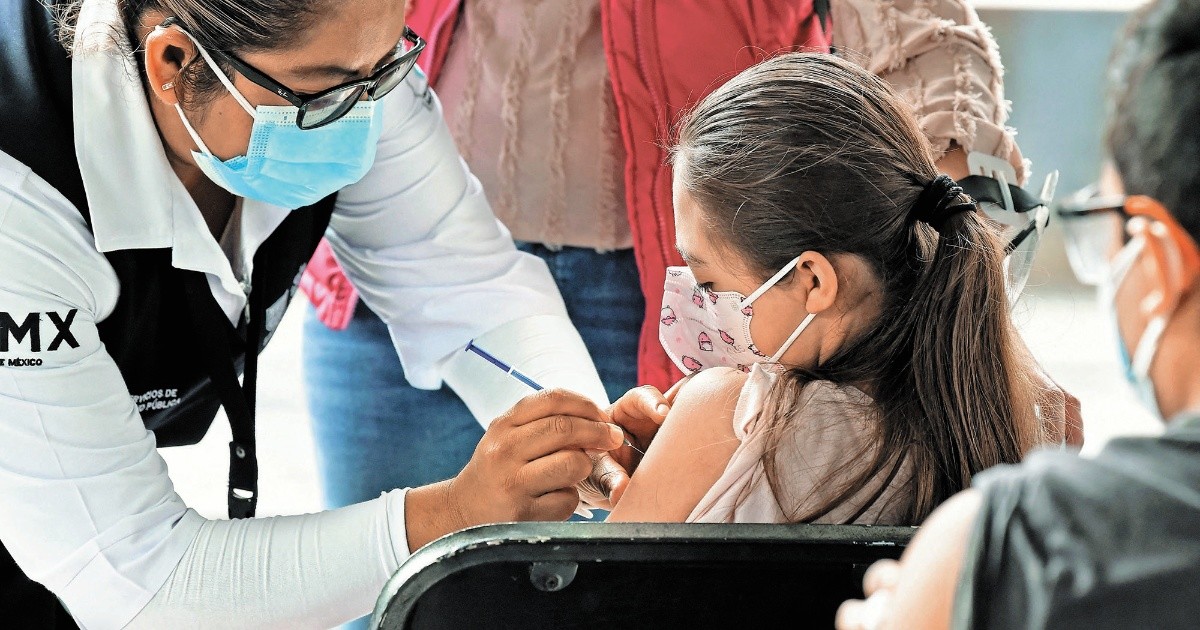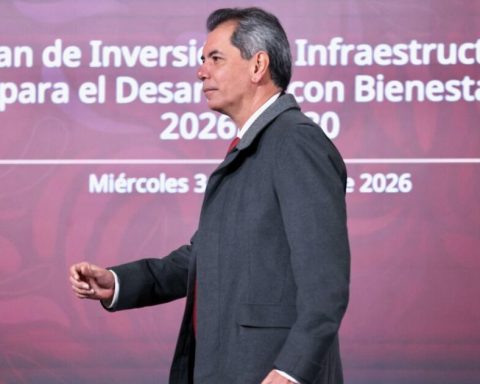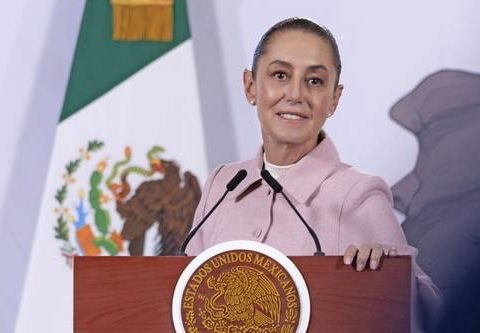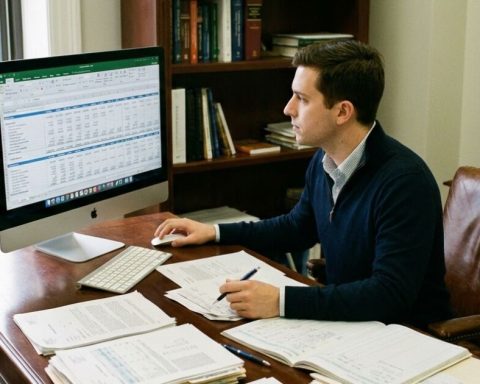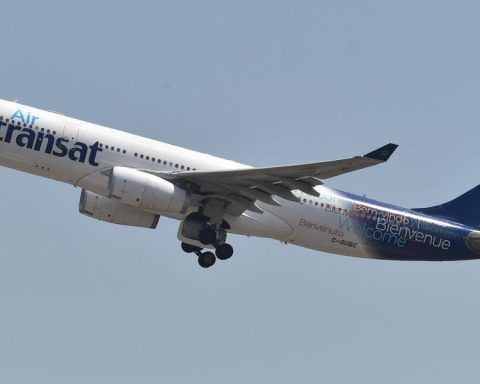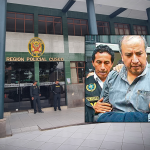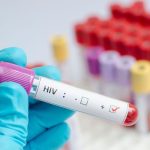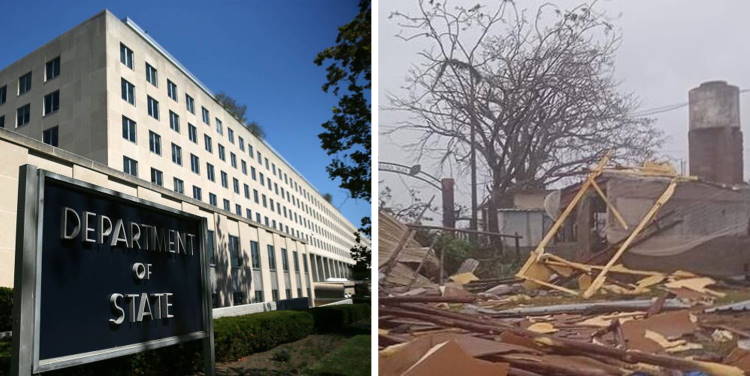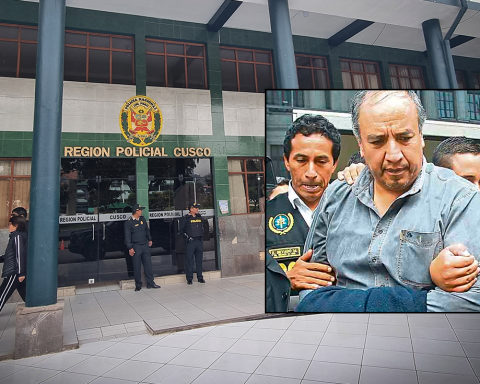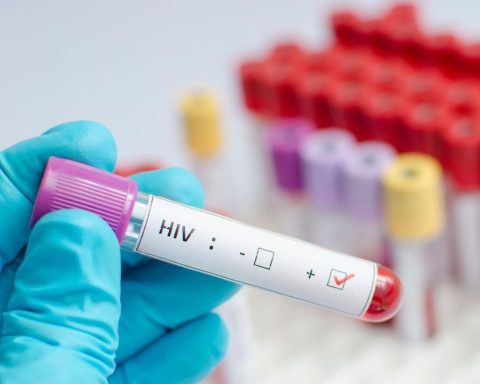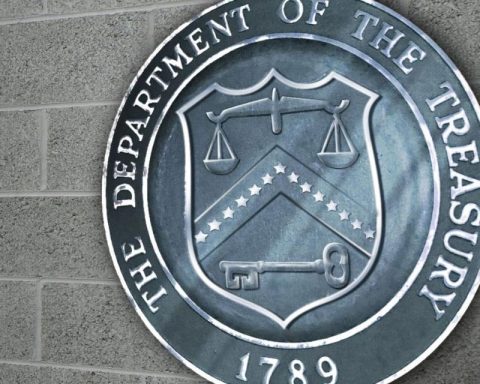Buenos Aires, Argentina.- The Covid-19 pandemic generated a global interruption of immunization, the vaccination scheme in the different countries suffered a drastic drop. In 2021, more than 2.7 million children under one year of age in the Americas did not receive all their vaccine doses and 18 million children were excluded from vaccination services; After almost three years, health services have not fully recovered and according to data from the World Health Organization, the majority of children with “zero dose” live in low- and middle-income countries, even knowing that The poorest quintiles are the ones who gain the most from vaccination policies.
During the 19th Latin American Seminar on Science and Health JournalismDr. María Luisa Ávila Agüero, an infectious disease pediatrician and former Minister of Health of Costa Rica, spoke of the socioeconomic and public health benefits of vaccination and the threats that not reversing the previous figures represents.
Just 10 countries today account for 59% (14.6 million of the 24.7 million) of children who did not receive the first dose of the measles vaccine. Among them is Brazil, a notable case for the region, because until before the pandemic the country had high coverage through its health system and was a benchmark.
This complicates a scenario “that certainly already had deficiencies”, assures the specialist, since since 2006 the coverage was not ideal, but with the pandemic the problem accelerated. “What Covid-19 did was hit us in the face and tell us, ‘let’s see, gentlemen, we have to turn to see the vaccination because we have a serious problem'”.
He said that we are not monitoring well either, today we have cases of polio in Brazil and the United States, these were cases related to vaccination and the other countries were left in the middle of it. Measles cases also returned throughout the world “we pediatricians are terrified of measles, it is a huge risk, but that is solved if we are well vaccinated.”
In addition, there have been reports of diseases that were no longer on the radar and that are appearing again. “Diphtheria, which was relatively controlled, has also been presenting in countries like Haiti, Peru, Colombia, Brazil.” Unfortunately, in cases of diphtheria, children who have not been vaccinated die, since no country has the diphtheria antitoxin that eventually saved lives, it must be sent to countries of the former Soviet Union and that represents a problem.
Places like Colombia, Mexico, Venezuela and Haiti are countries in the region that also increased their number of children with zero dose. “This is where we have to work hard to increase this coverage, because infectious diseases will always find the unvaccinated child.”
Introduction of new vaccines
The former Minister of Health warns that the challenge that lies ahead is not minor, “how, in the midst of all the coverage problems, are we going to introduce a vaccine against Covid-19 on a regular basis, what is going to happen to countries that do not have good coverage against HPV, with hexavalent or combined vaccines that are arriving? For example, there is already authorization for a dengue vaccine, “are we going to achieve it? These are the reflections for the following years.”
In contrast, setbacks are seen, in the specific case of the HPV vaccine, which has been introduced in 116 countries, including Mexico, its coverage has decreased by 15% since 2019. In general, programs globally achieve 55% coverage coverage for the first dose and 44% for the second. In the case of Mexico, it goes from 80% to 20% for the second dose.
The specialist pointed out that it is a vaccine that mostly saves women’s lives “and when you save a woman’s life, it is just as important as that of a man, but in this case the family is also saved, because in our territories, the mother takes care of the children and most of the activities.” Today the logical explanation is because girls were no longer going to school with the pandemic and most of the programs are based in schools, so coverage must be recovered.
more challenges
Ávila Agüero reflects that the effect of coverage was unequal and aroused inequities between countries, especially in those with the greatest lags, leaving extreme poverty. “Today the challenge is to carry out vaccination activities to identify the unvaccinated, reduce gaps with quality data, innovative strategies to capture populations and eliminate myths and misinformation, especially related to the Covid-19 vaccine, since it affects to other vaccines in the scheme.
He explains that “the reticent in their speech say they are against the vaccine because it is ‘experimental’, but they do not disclose all the science behind each vaccine, we also have leaders like Bolsonaro in Brazil, or Donald Trump in the United States , which make disinformation easier”.
He said that public health has become politicized and this must be combated, for example, there is an article published in the United States where it is found that Republicans are vaccinated less than those who are Democrats. “We are seeing that these messages proliferate negatively and on the other hand people got tired and lost confidence in their authorities with conflicting messages during the pandemic.”
For this reason, he concludes that more than ever it is necessary to work face to face and it is time to do it with an organized civil society “because the other characters are no longer trusted. We have to mobilize because politicizing health is not a good idea.”
“The anti-vaccine groups themselves are people who are against everything, on the other hand there are people who have reasonable doubts and that must be rescued and answered with the evidence”, from the point of view of the specialist, good information saves lives and in that sense the media and journalists have extensive work.
kg
